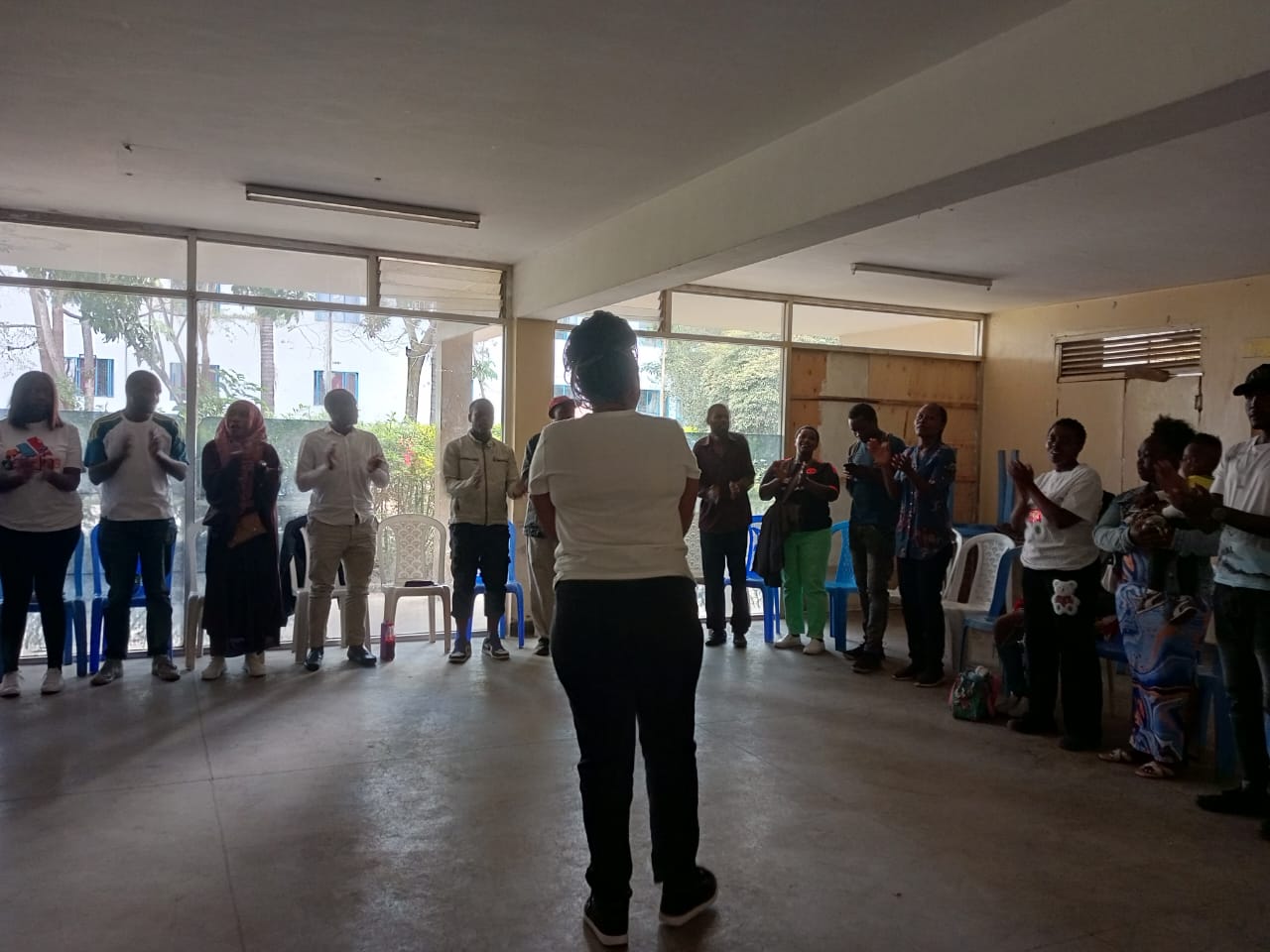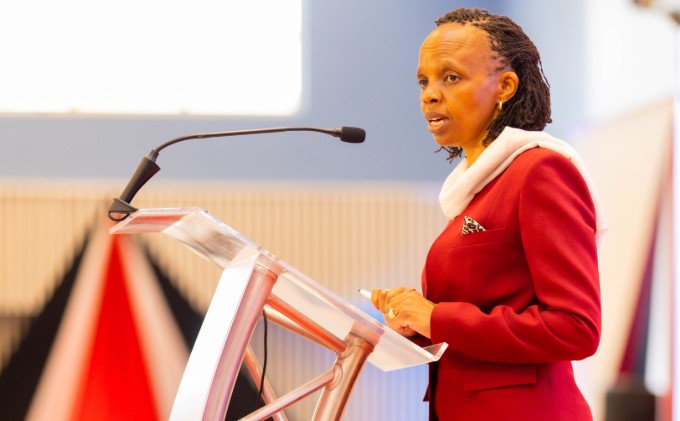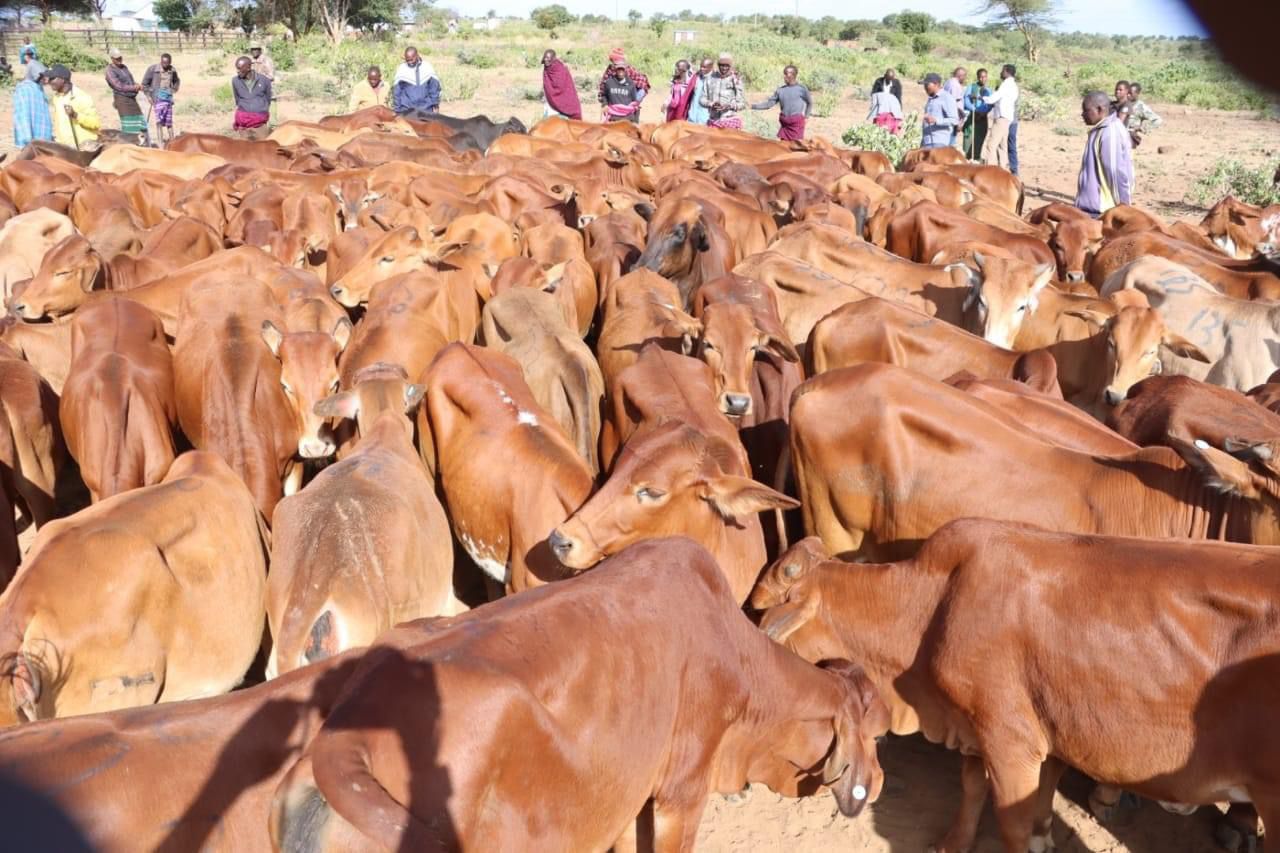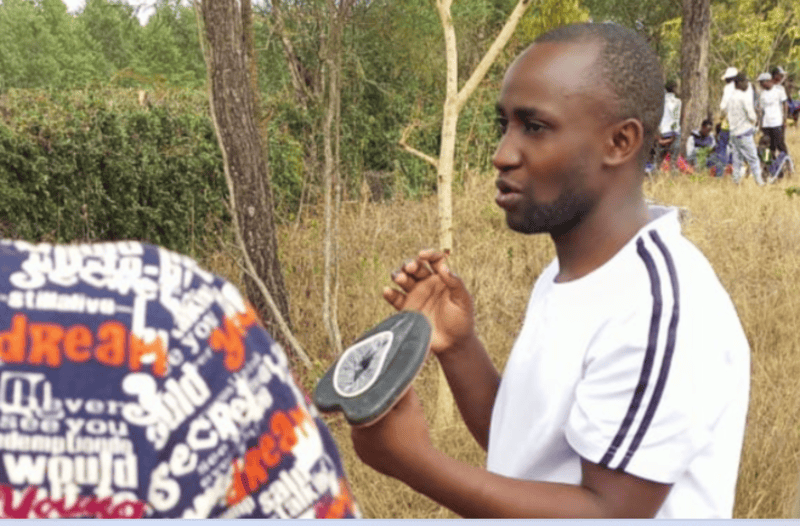How parental guidance on reproductive health can help keep teens in school

By Charity Kilei |
In Kenya, it is estimated that 133,455 adolescents are living with HIV. Each year, there are also 18,004 new infections and 2,797 deaths among adolescents aged 10 to 19.
Salim Abdulla remembers the moment his body started to change, his voice cracking as he confronted the transition to adulthood alone. He was unprepared for the mood swings and hormonal shifts that left him feeling vulnerable, especially since his parents, believing their own adolescent experiences made them experts, offered little understanding or support.
“When I was a teenager, I missed out on any meaningful conversations about reproductive health. My parents, uncles, and aunts never took the time to sit me down and explain what I needed to know. Instead, all I got were warnings about STDs and harsh threats of being disowned if I ever got someone's daughter pregnant.
Salim, like many teenagers, turned to the internet and his close friends for information about reproductive health, as discussions on the topic were completely avoided at home.
"Talking about sex, disease, or pregnancy was taboo at home. People avoided the topic completely, and whenever it came up, my parents would either excuse themselves or say, 'Why am I involving myself or any of my siblings in adult matters?' As a result, we shelved the issue entirely."
In the digital age, children have access to a vast amount of information. Without proper guidance from parents and guardians, many may encounter harmful or misleading content that could negatively impact their health.
 Ruth Mumbi, founder of Collective Women Kenya in Kamkunji. (Charity Kilei)
Ruth Mumbi, founder of Collective Women Kenya in Kamkunji. (Charity Kilei)
In Kenya, it is estimated that 133,455 adolescents are living with HIV. Each year, there are also 18,004 new infections and 2,797 deaths among adolescents aged 10 to 19.
With discussions about reproductive health being shelved in many households, cases of defilement often go unnoticed or are reported late. This delay can have significant consequences for the community, as families lack safe spaces to address and engage with these critical issues.
Catherine Mwikali, a parent from Majengo, emphasises the importance of parental involvement in children’s lives.
"As a parent, I am both a mother and a friend to my boys. I also try to connect with my friends' children, and they feel very comfortable talking to me. When you have an open and approachable relationship with your child, they are more likely to share what they're going through."
She points out that being present and engaged as a parent can make a significant difference, helping to prevent societal issues such as unwanted pregnancies and abortions.
"One time, my son came home from school and asked me about a reproductive health topic they had learned about specifically wet dreams. I didn't shy away from the topic; I explained it to him, and as a result, he has become very open with me."
Catherine advises that when children ask questions about sensitive topics, parents should not avoid answering them. Often, children seek confirmation or clarification of information they have already encountered.
In many societies, when a daughter becomes pregnant or a similar situation occurs, many parents choose to ignore the issue due to the associated stigma. The victims often face ongoing criticism and are repeatedly reminded of their mistakes. However, few parents take the time to understand the circumstances that lead to the situation beyond focusing on the outcome.
Joseph Mbugua, a resident of Majengo, urges parents not to leave the responsibility of teaching reproductive health solely to teachers but to be actively involved in guiding their sons and daughters.
"Sometimes, parents focus on protecting their daughters while neglecting to educate their equally vulnerable sons. This leads to confusion within the community. We encourage parents to engage with both their children on these topics."
He points out that many parents assume that reproductive health and body changes are comprehensively covered in schools. However, this is often not the case, as teachers may prioritise other subjects, with reproductive health receiving only minimal attention.
Ruth Mumbi, founder of Collective Women Kenya in Kamkunji, emphasises the importance of comprehensive reproductive health education, stating that it empowers individuals to make informed decisions.
"Comprehensive reproductive health education is not a new concept. In the past, we had aunts and uncles who would talk to both boys and girls about their bodies and sexuality. It's crucial to integrate this type of education into our current educational systems."
She believes that providing accurate information to both boys and girls can address numerous issues. "This education will empower both women and boys to understand their bargaining power in sexual matters, which can help reduce unwanted pregnancies."
Reader comments
Follow Us and Stay Connected!
We'd love for you to join our community and stay updated with our latest stories and updates. Follow us on our social media channels and be part of the conversation!
Let's stay connected and keep the dialogue going!








